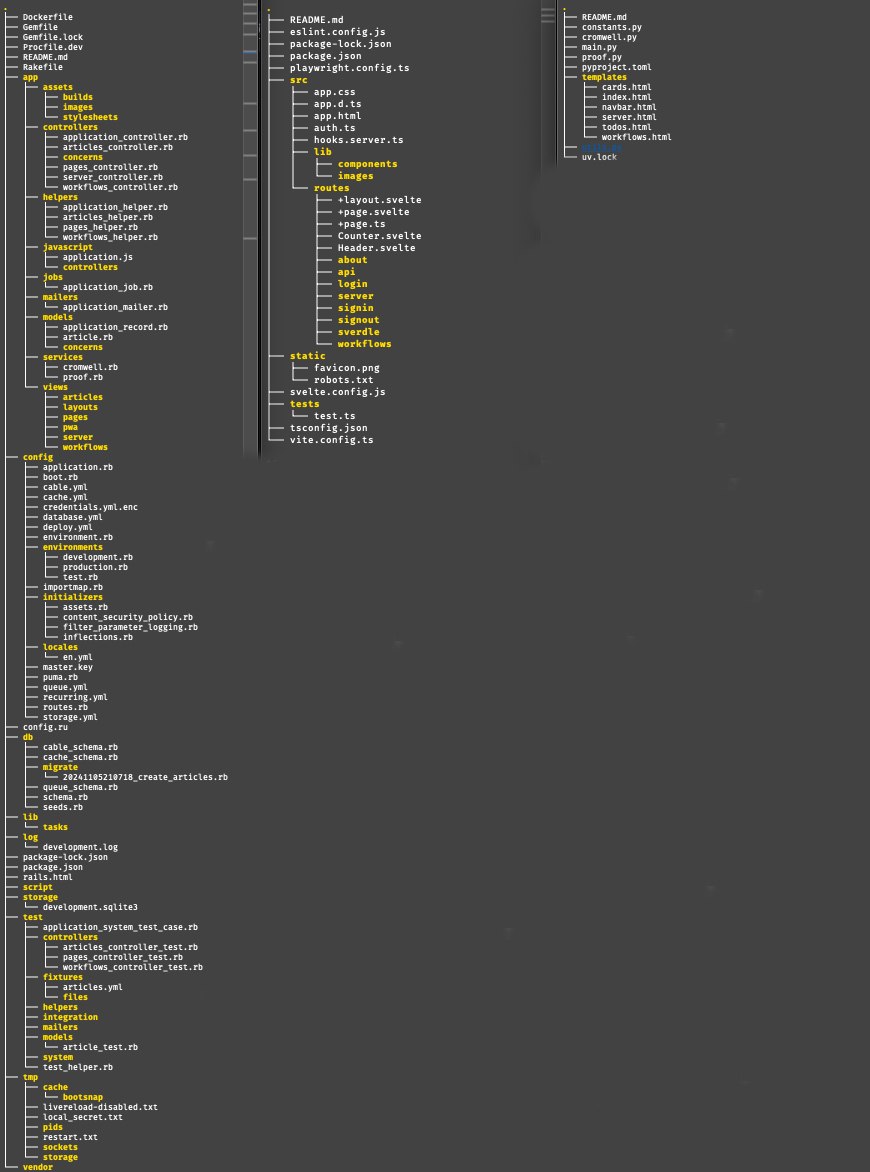Cite as: Geoffrey Bilder (2025, March 28). Tomorrow's ScholComm Headlines: Predictions from 2023 . Retrieved from https://doi.org/10.59347/shh81-rbh77 function copyCitation() { const citationText = document.getElementById('citation-text').innerText.replace(/\s+/g, ' ').trim(); navigator.clipboard.writeText(citationText).then(() => {
Messaggi di Rogue Scholar
Josh Millar just released our latest preprint on how to make sense of the growing number of dedicated, ultra-low-power 'neural network accelerators' that are found in many modern embedded chipsets. My interest in this derives from wanting to decouple from the cloud when it comes to low-latency local environments, and this needs fast tensor operations in hardware.
Why do we even bother? What (exactly) is the point? In this age of AI why would anyone need to learn about Computing? What value does it add, what skills do students learn and what knowledge do students actually need to develop?

We reached out to senior decision makers working in global health about the new Certificate peer learning programme for equity in research and practice. Crickets. One CEO wrote: “We aren’t currently in a position to enter into new strategic partnerships on the topic.” The chilling effect is real. Many organizations are retreating from publicly championing equity work—even those with deep commitments to fairness and inclusion.

Want to tell turtles and tortoises apart? Learn the key differences in habitat, body structure, and behavior between these shelled creatures.

Muitas pessoas acreditam que as questões sociais não podem — ou não deveriam — ser analisadas com recursos matemáticos. O argumento mais comum é que a matemática pode ser útil para descrever processos naturais, mas não para compreender as ações humanas, que seriam demasiadamente complexas e subjetivas para serem reduzidas a números.
Die Zeitschrift JoDaKISS (Journal of Data- and Knowledge-integrated Simulation Science) ist zwar kein Angebot aus Brandenburg, aber doch ein generell interessanter Anwendungsfall für die Entwicklungsperspektive von Open Access im Zusammenspiel mit Facetten von Open Science.
While the replication crisis is leading to changes in journal policies and data transparency practices in psychology, political science and economics, nothing much happens in sociology. Do we have nothing to worry about because research in sociology is more replicable than in other fields? Perhaps. We don’t really know because very few studies in sociology are ever replicated.
Dear rOpenSci friends, it’s time for our monthly news roundup! You can read this post on our blog. Now let’s dive into the activity at and around rOpenSci! 🔗rOpenSci HQ 🔗rOpenSci Champions Program 2025 In Spanish: Apply before April 30th! We have great news: The call for applications to be part of the new cohort of our 2025 Program is now open! And for the first time it will be in Spanish!

Over the past few months at work we’ve been looking into web framework options for a project that currently uses R Shiny. Our needs have grown beyond what Shiny can provide. We decided to try Rails, SvelteKit, and HTMX/FastAPI to see which one would best suit our needs.
This is a follow-up to my earlier post entitled "Going for robustness", focusing on scientific research.